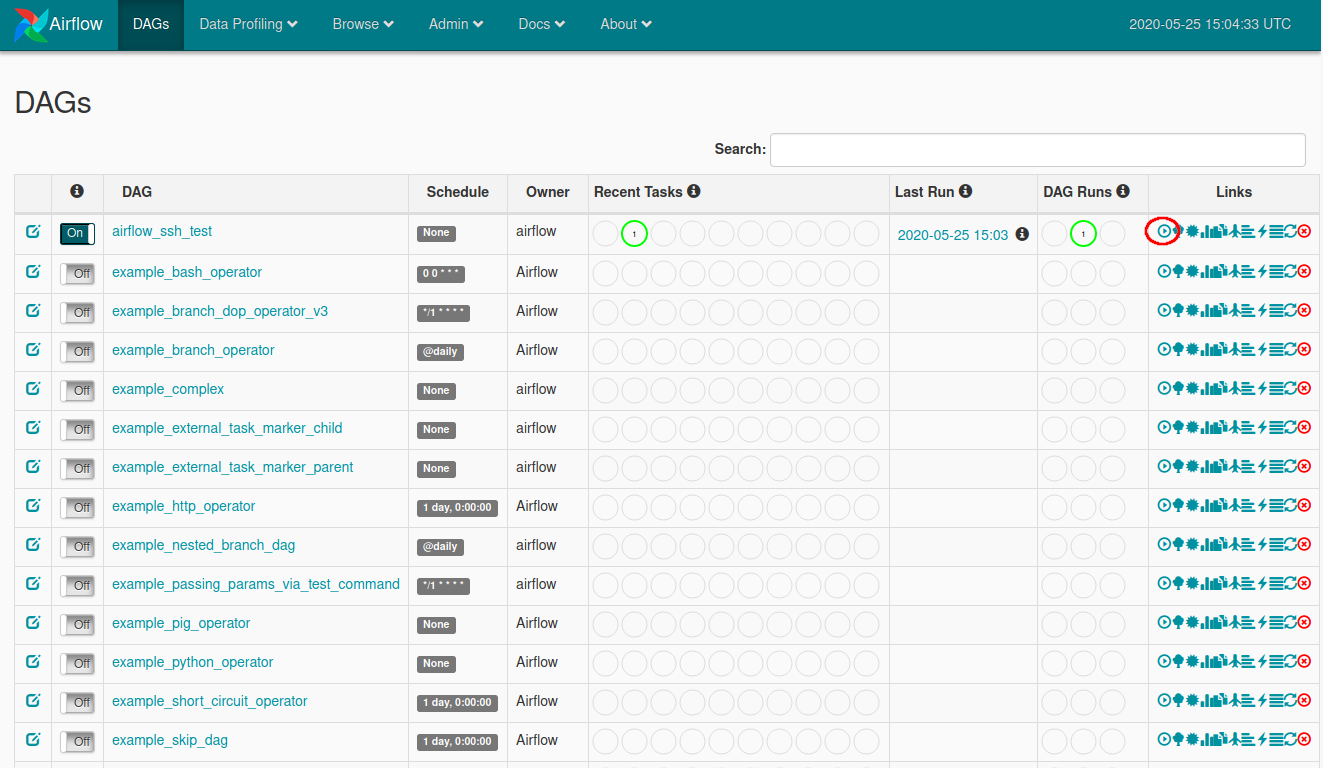
Oracle’s decision to adopt the protocol could be primarily due to its popularity and to counter Snowflake’s product offerings, analysts said. “With this open approach, customers can now securely share data with anyone using any application or service that supports the protocol,” the company said in a statement. The protocol was adopted, according to Oracle's Wheeler, to avoid vendor lock-ins for data sharing and sort out issues such as security, version control and access management of data sets. Oracle's adoption of Databricks’ Delta Sharing protocol is a major part of the updates to its Autonomous Data Warehouse. Adoption of Delta Sharing protocol takes aim at Snowflake “Data warehouse vendors cutting costs are pushing against Snowflake's relatively high-priced model, both in light of the concerns around cost management as well as to make the case for enterprises to find migration from high-priced services compelling,” Park said. The current financial environment, according to Amalgam Insights’ chief analyst Hyoun Park, will likely compel CFOs to justify “any technical investment that can result in a million-dollar savings opportunity while retaining core functional capability.” The more data that accumulates on a cloud, the more costly storage becomes,” said Henschen

“Oracle is trying to win over more customers, simple as that. Oracle’s price cut also could be a reaction to efforts by companies to optimize cloud costs, according to Doug Henschen, principal analyst at Constellation Research.

“The reduced pricing coupled with the company's purported 20% speed-up on Exadata hardware supports Oracle's broader goal of delivering a highly differentiated level of performance, coupled with lower operating costs through both speed and automation,” Shimmin added. “It basically takes direct aim at Oracle's hyperscale cloud rivals, literally removing cost as a barrier to entry for Autonomous Data Warehouse or exit from a competing solution such as AWS RedShift,” said Omdia chief analyst Bradley Shimmin.


 0 kommentar(er)
0 kommentar(er)
